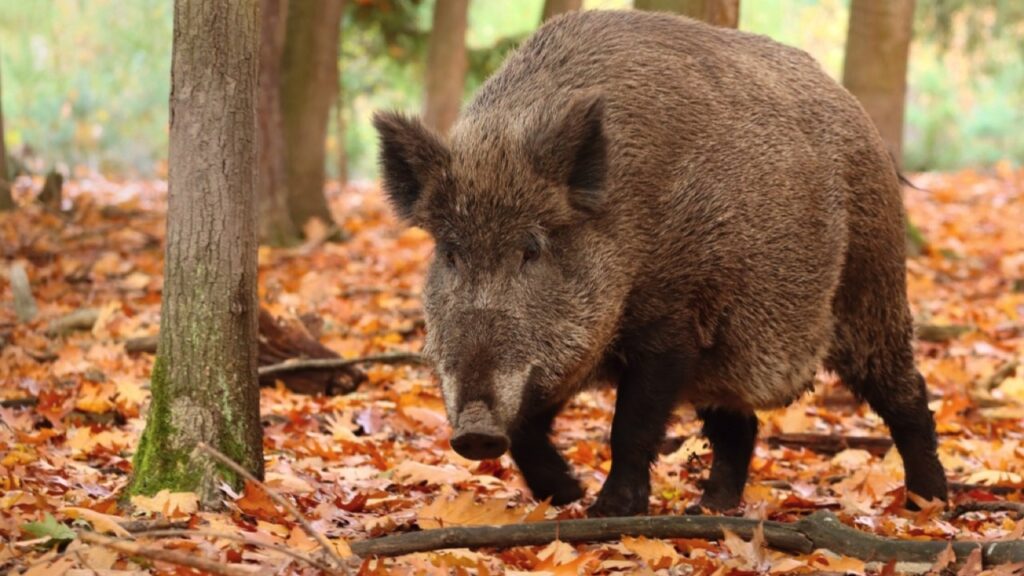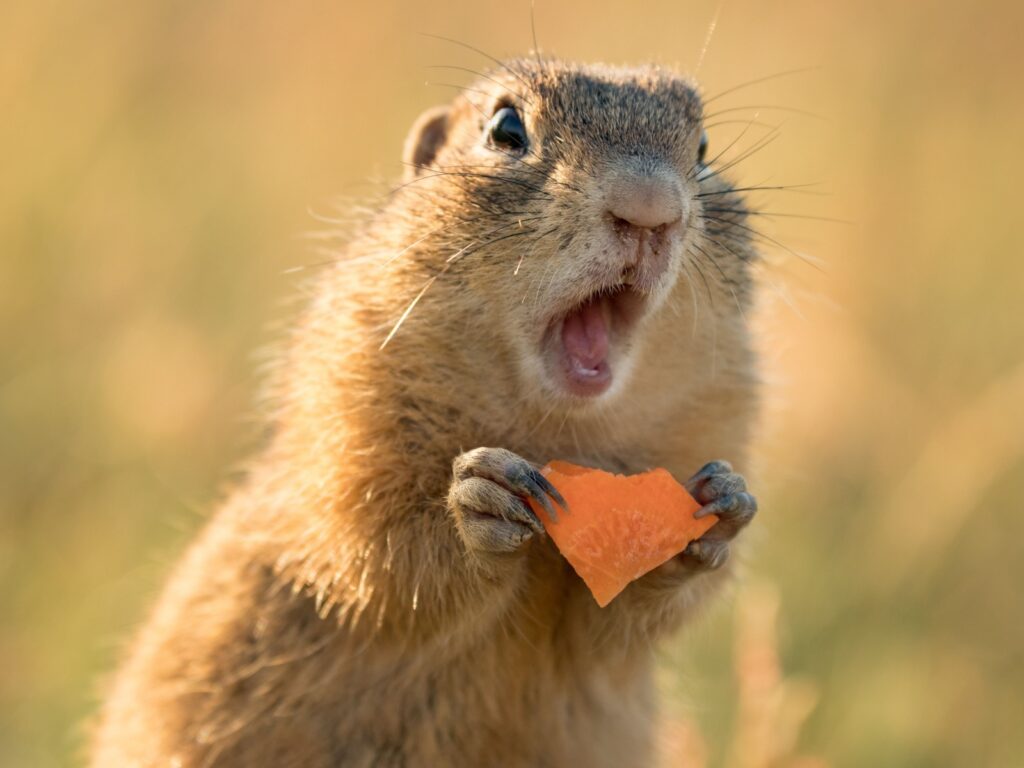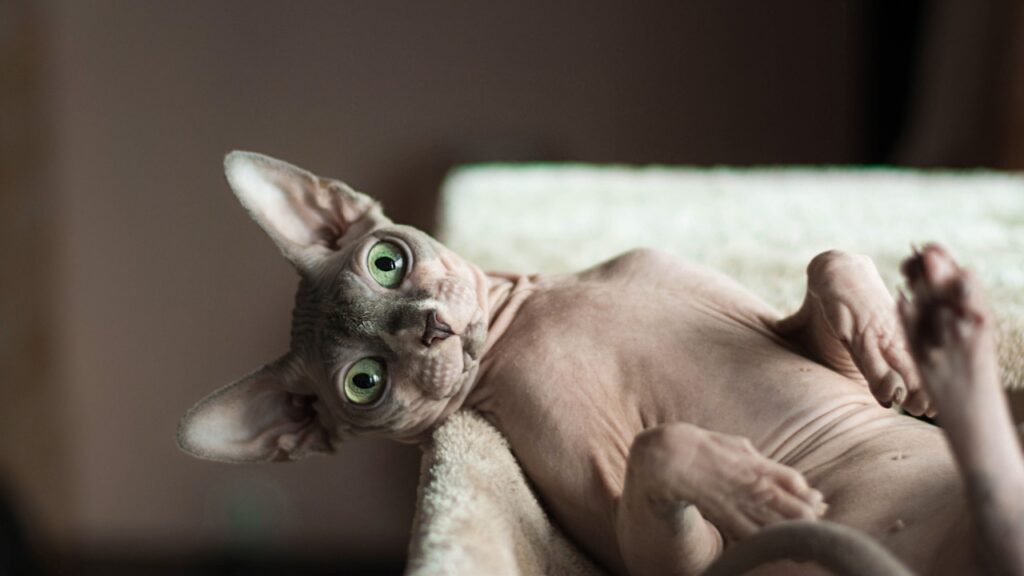The United Kingdom is home to a diverse array of wildlife, and some of these creatures may be closer to you than you think. While most animals in your backyard are harmless, there are a few that can pose a threat to humans. In this listicle, we’ll explore 12 dangerous animals that might be lurking in your backyard in the UK.
1. Adders
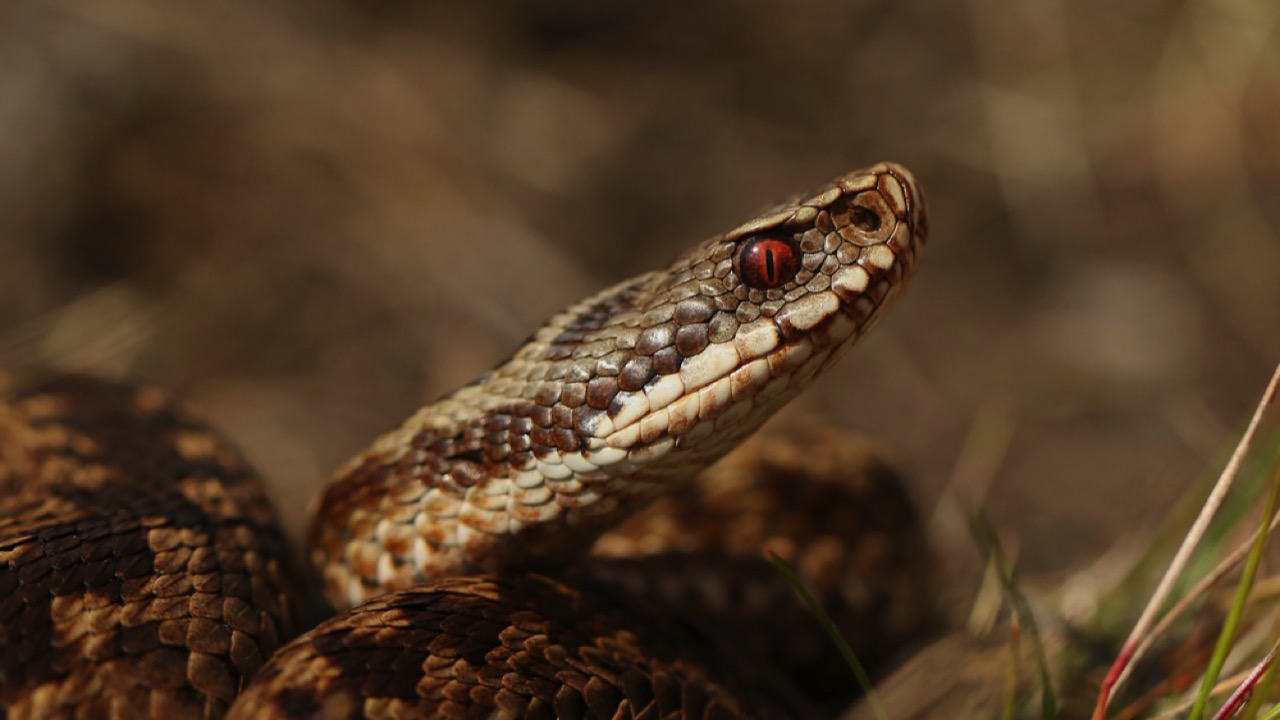
Adders are the only venomous snakes found in the UK. They have a distinctive zig-zag pattern on their backs and can grow up to 60 cm long. Although their venom is rarely fatal to humans, an adder bite can be painful and cause swelling and bruising.
2. Hornets
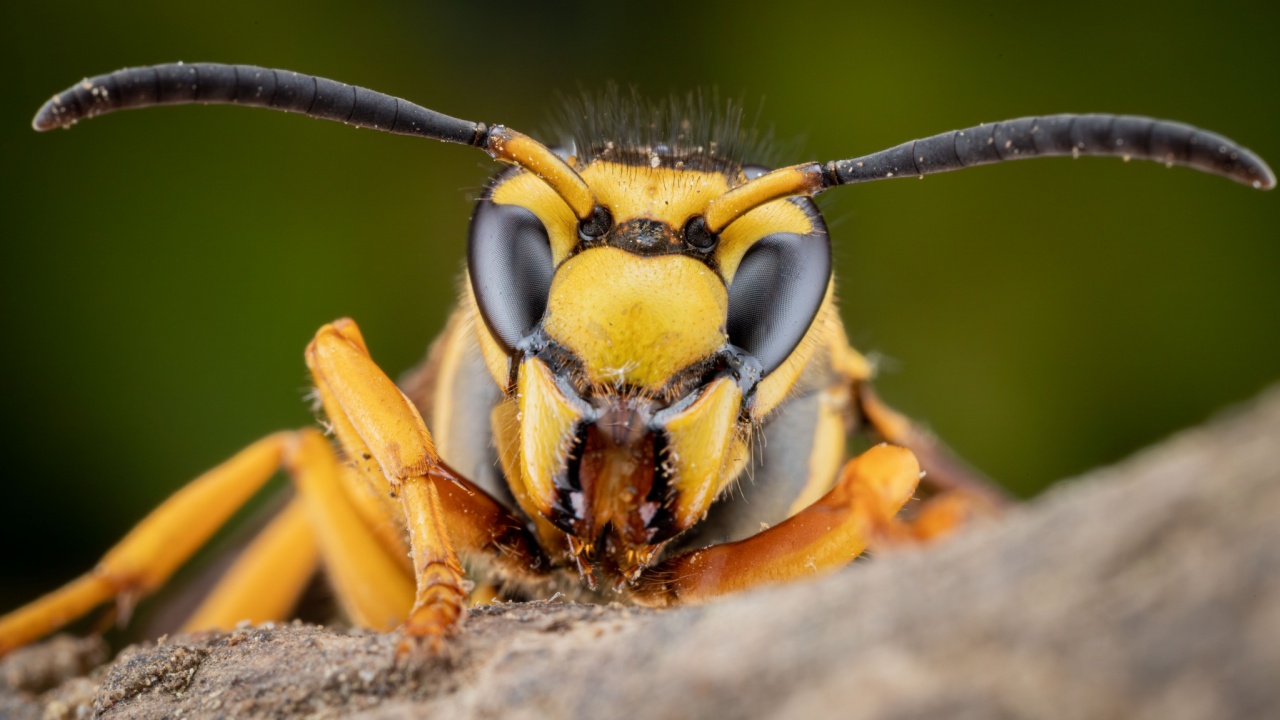
Hornets are larger than wasps and can deliver a painful sting. They are most active during the summer months and can be found near trees and bushes. If you come across a hornet’s nest, it’s best to keep your distance and call a professional for removal.
3. Ticks

Ticks are small, blood-sucking parasites that can carry diseases such as Lyme disease. They are most commonly found in wooded areas and tall grass. To protect yourself from ticks, wear long-sleeved shirts and pants, and use insect repellent when outdoors.
4. False Widow Spiders
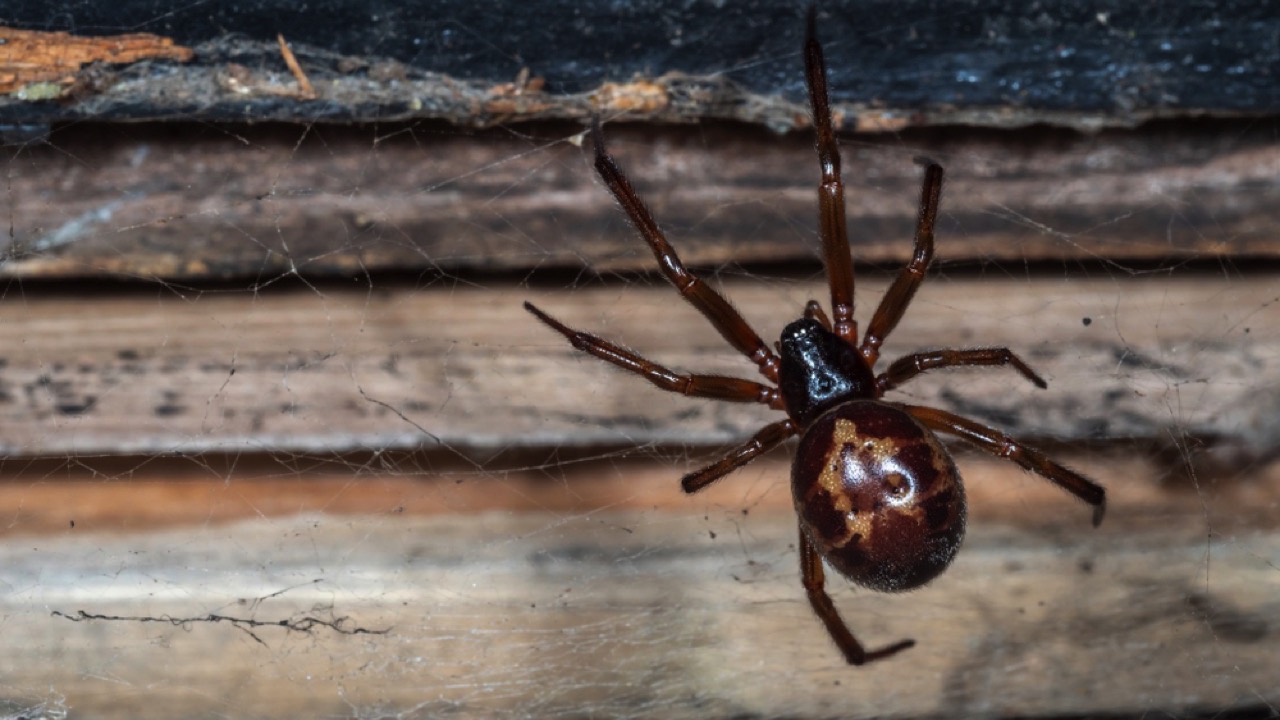
False widow spiders are often mistaken for the more dangerous black widow spider. While their bite is not as severe, it can still cause pain, swelling, and nausea. These spiders are usually found in dark, secluded areas such as sheds and garages.
5. Foxes
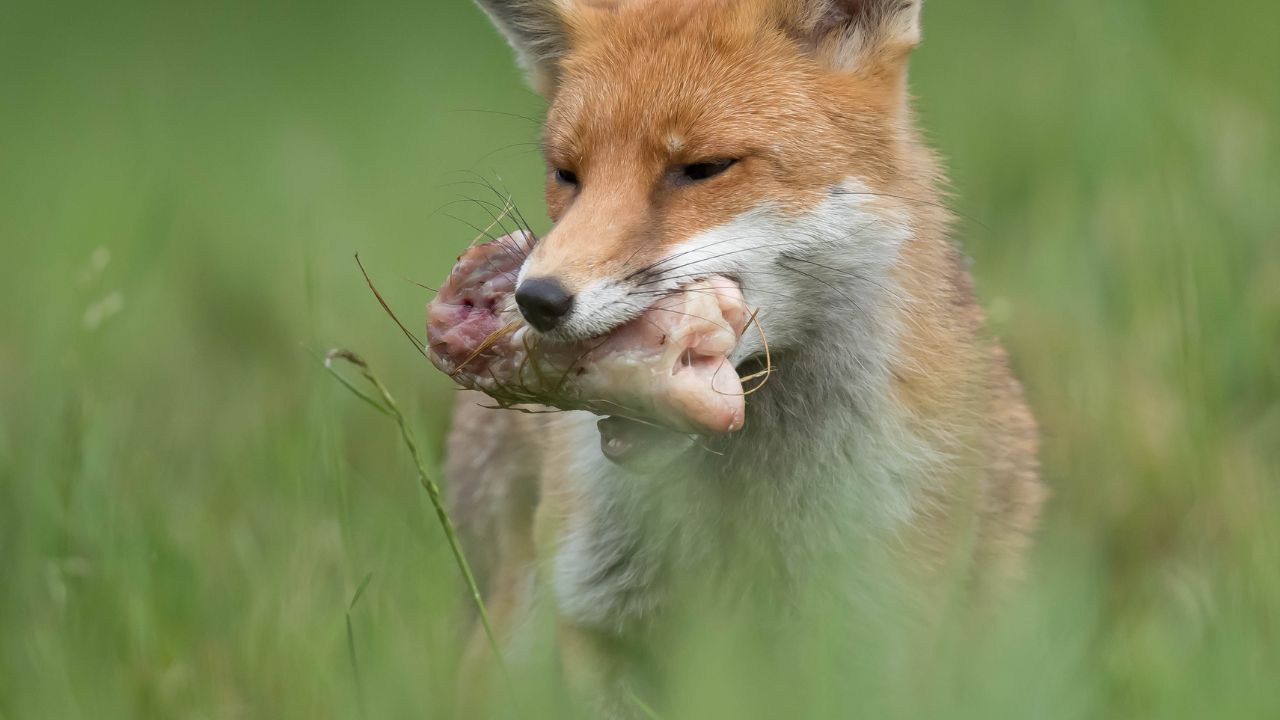
Foxes are common in urban areas and can become aggressive if they feel threatened. They can also carry diseases such as rabies and fox mange. To deter foxes from your backyard, secure your garbage bins and avoid leaving pet food outside.
6. Badgers
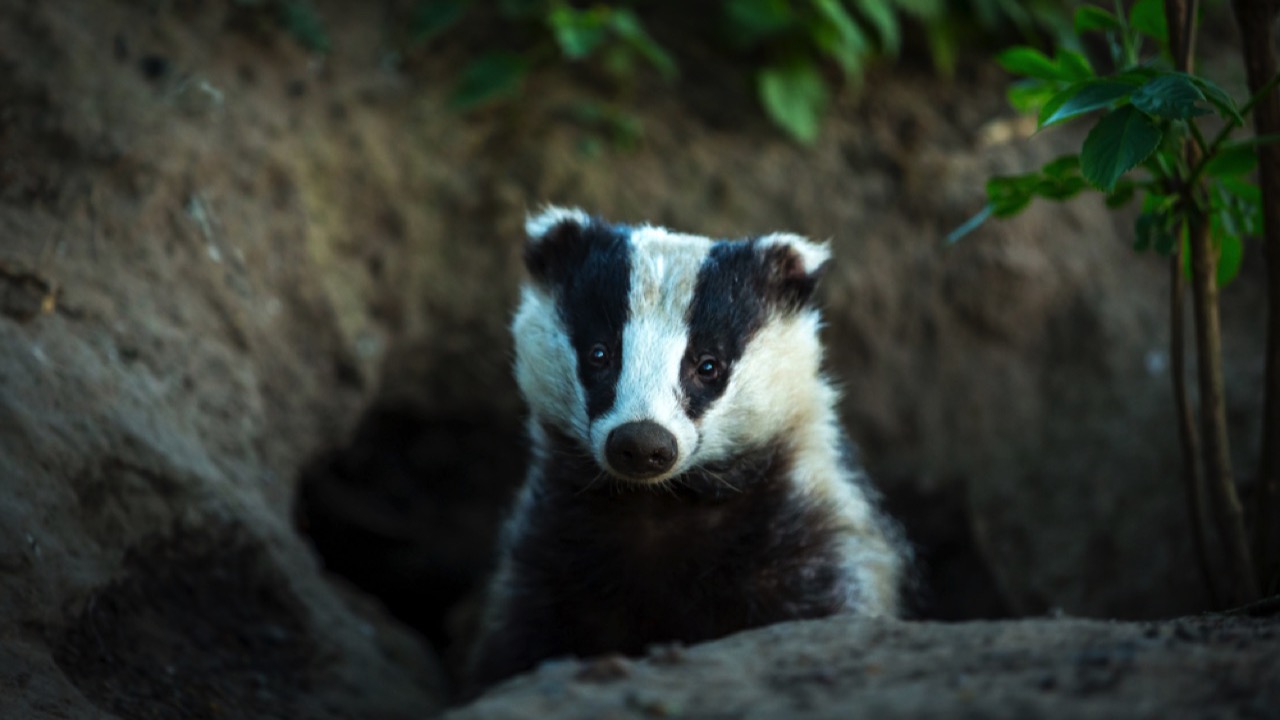
Badgers are nocturnal animals that can become defensive if they feel cornered. They have sharp claws and teeth that can cause serious injuries. If you encounter a badger in your backyard, give it plenty of space and allow it to leave on its own.
7. Red Kites
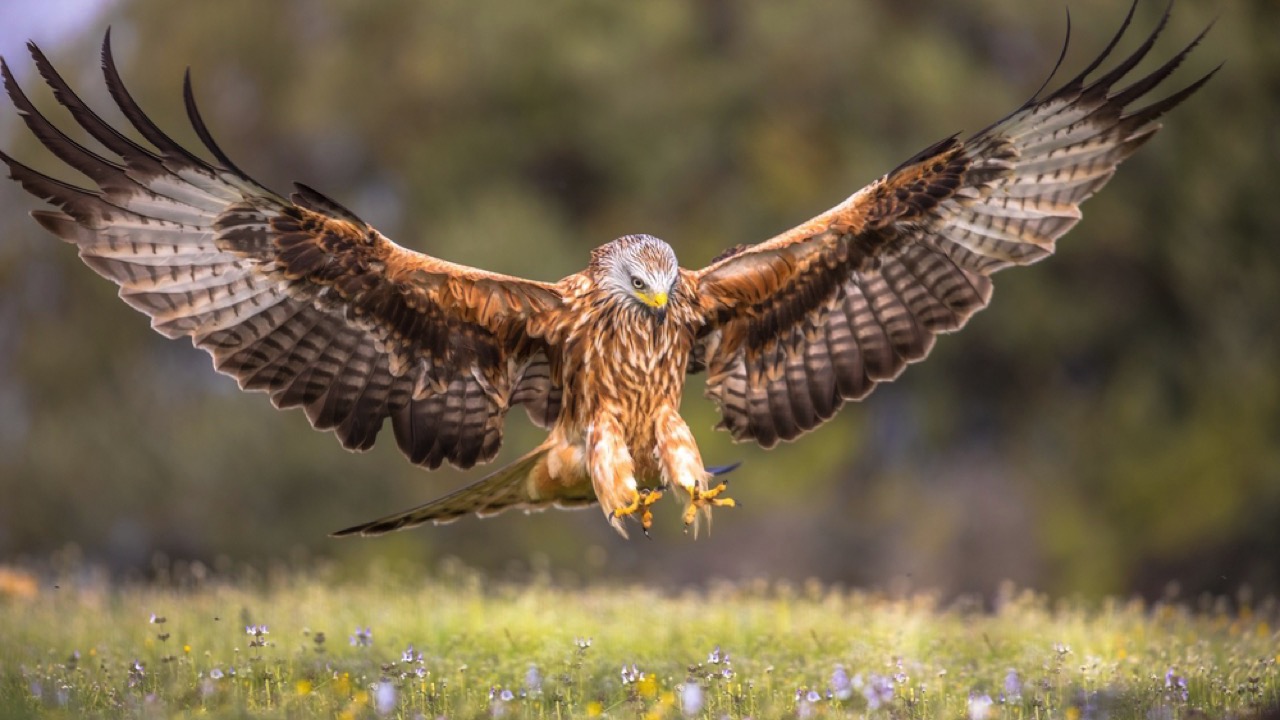
Red kites are large birds of prey that have been known to swoop down and steal food from people’s hands. While they are not usually aggressive towards humans, they can cause injuries with their sharp talons. To avoid attracting red kites, keep your food covered and dispose of any leftovers properly.
8. Wild Boars
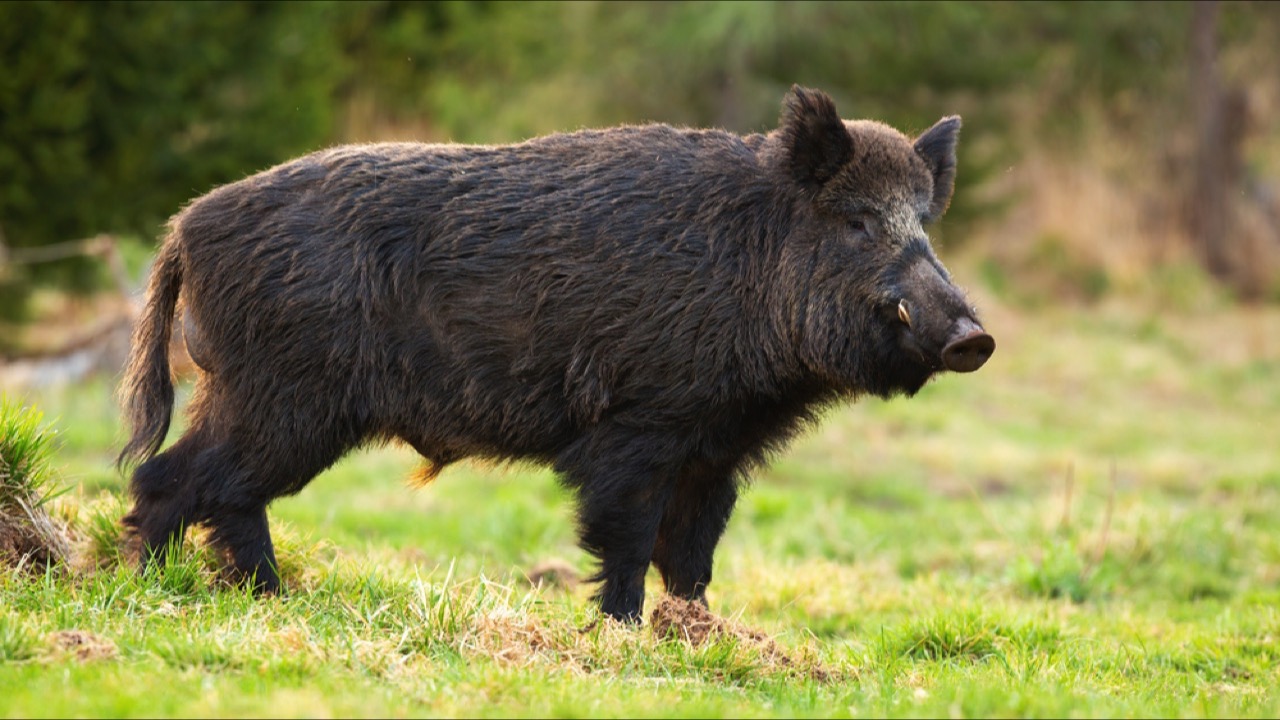
Wild boars are not native to the UK but have been introduced to some areas. They can be aggressive and have sharp tusks that can cause serious injuries. If you encounter a wild boar in your backyard, do not approach it and seek shelter immediately.
9. Cows

While cows are generally docile animals, they can become aggressive if they feel threatened, especially when they have calves. They are large and heavy animals that can cause serious injuries if they charge or trample someone. If you encounter cows in your backyard, give them plenty of space and avoid getting between a cow and its calf.
10. Gulls
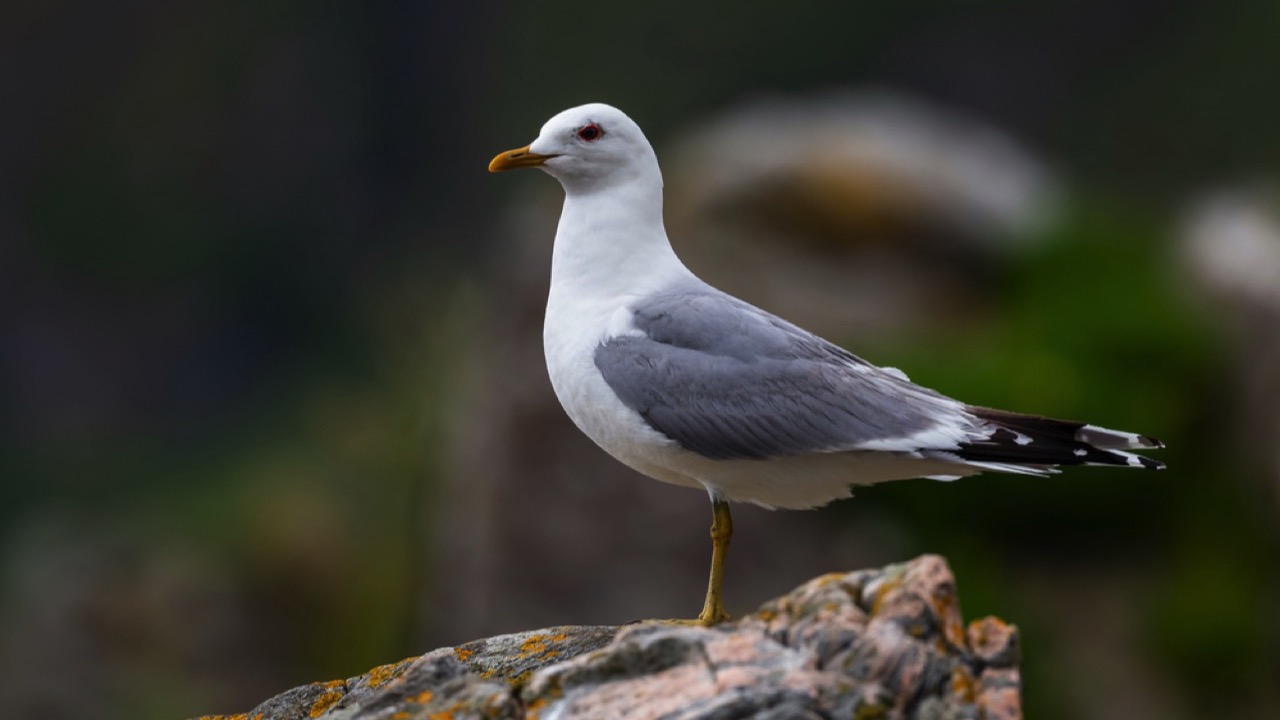
Gulls are known for their aggressive behavior, especially during nesting season. They can swoop down and steal food from people’s hands, and their droppings can carry diseases. To avoid attracting gulls, keep your food covered and dispose of any leftovers properly.
11. Deer
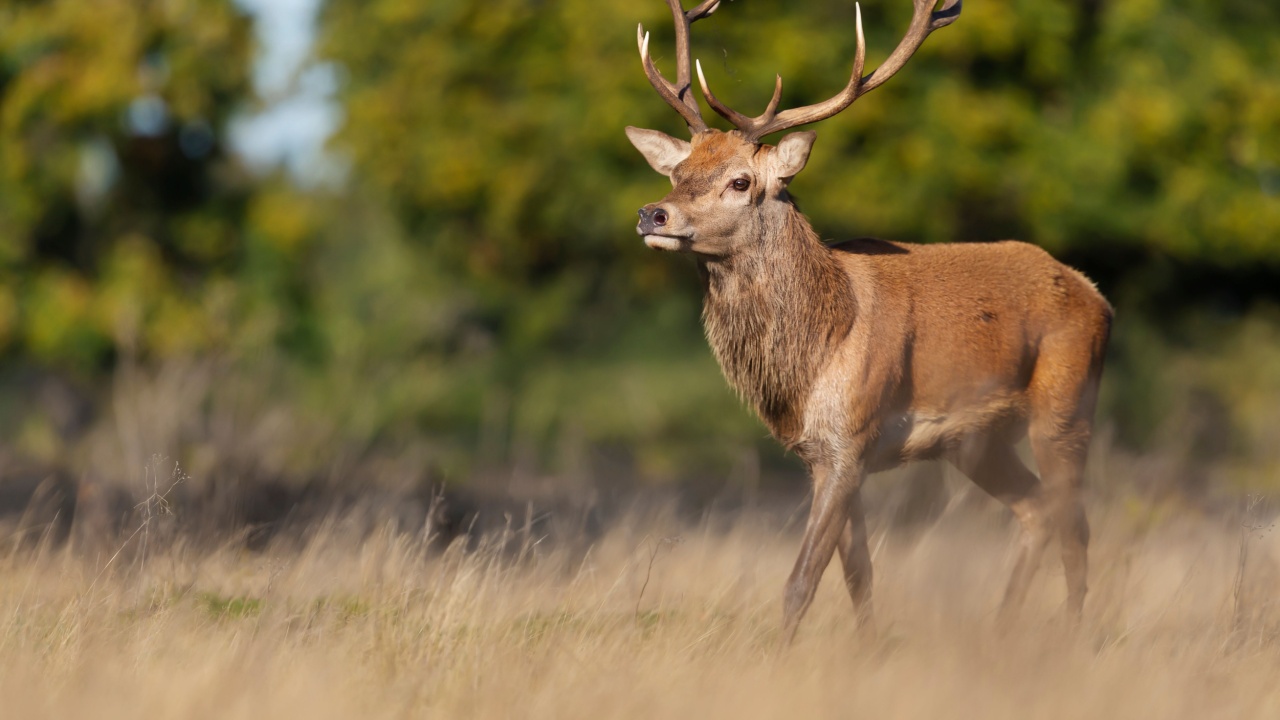
Deer are usually shy and avoid human contact, but they can become aggressive during mating season or if they feel threatened. They also carry ticks which can spread Lyme disease. If you encounter a deer in your backyard, give it plenty of space and allow it to leave on its own.
12. Rats
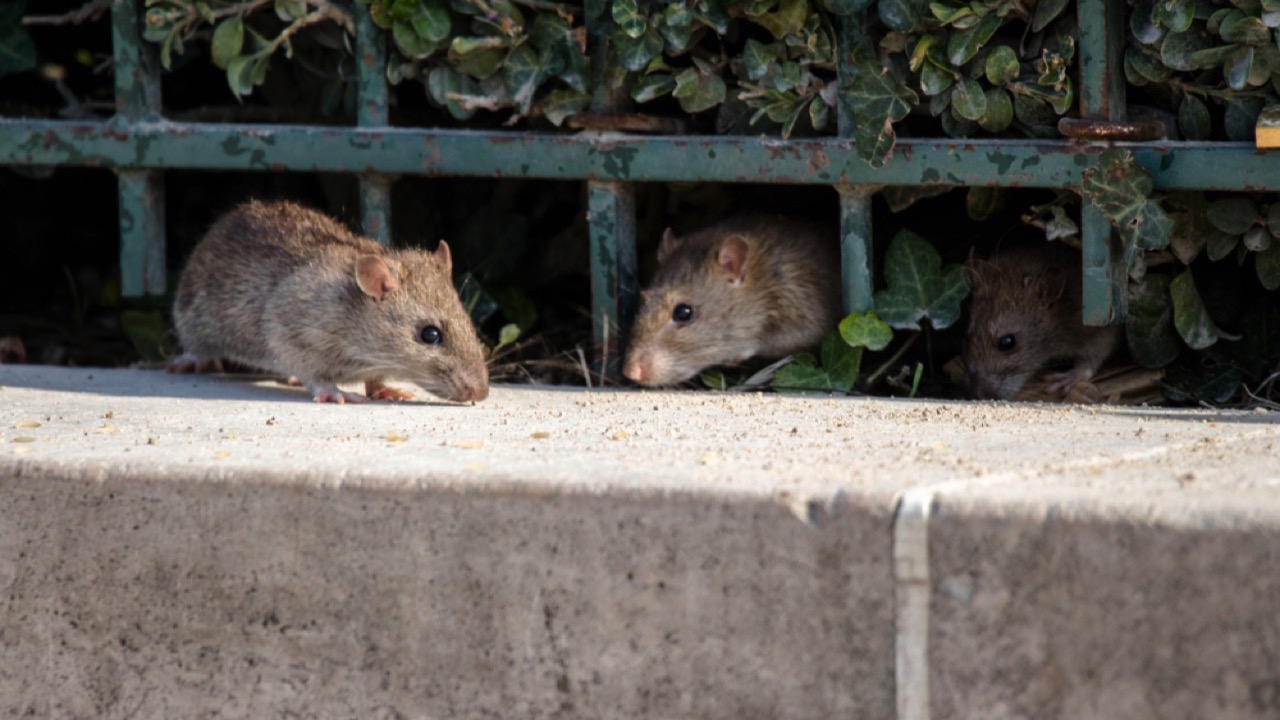
Rats are common in urban areas and can carry diseases such as salmonella and E. coli. They can also cause damage to your property by chewing through wires and insulation. To deter rats from your backyard, keep your garbage bins sealed and remove any potential food sources.
Becky is a fervent wildlife enthusiast and pet care expert with a diploma in canine nutrition. Her love for animals stretches beyond the domestic, embracing the wild tapestry of global fauna. With over a decade of experience in animal welfare, Becky lends her expertise to OutlandishOwl through insightful articles, captivating wildlife information, and invaluable guidance on pet nutrition. Her work embodies a deep commitment to understanding the intricate lives of animals and a passion for educating others on sustaining natural habitats. Becky's hands-on conservation efforts and her knack for translating complex dietary science into practical pet feeding tips make her an indispensable voice for creatures great and small.

